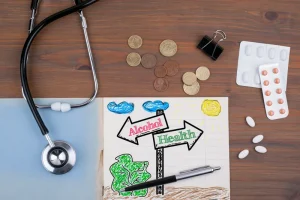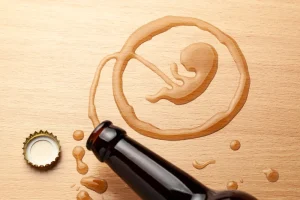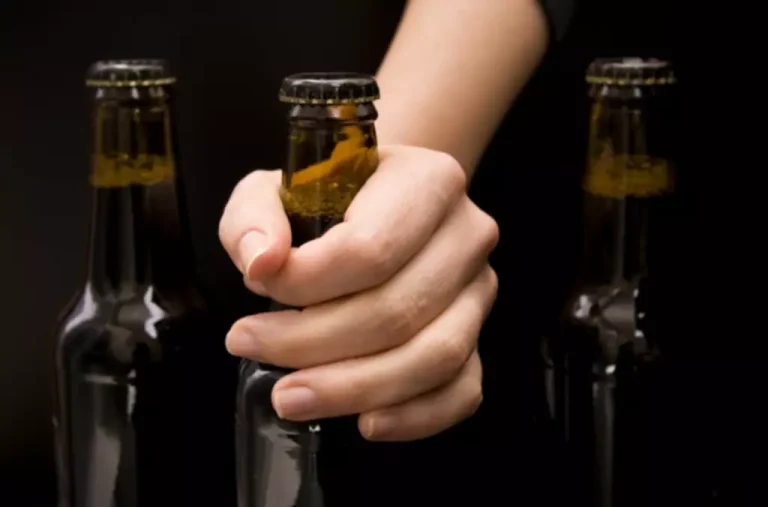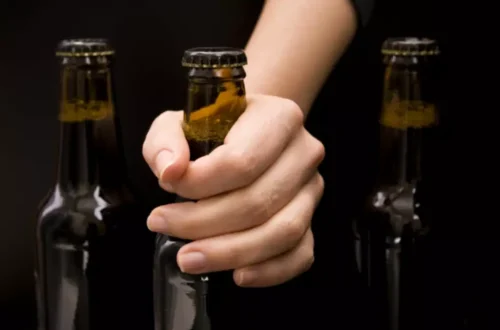Regaining your health allows you to rebuild your life, free from addiction’s chains. Because alcohol intolerance is a genetic condition, there’s currently no cure for it. The best way to relieve the symptoms of alcohol intolerance is to limit or eliminate alcohol consumption. However, a more serious cause of night sweats is alcohol consumption.
Does drinking water with alcohol help the liver?
The skin usually feels hot to the touch and can be bright red – not exactly the look you’d want out at the bar. You can roughly expect the body to process one standard measure drink per hour. Various factors impact https://ecosoberhouse.com/ how quickly you can eliminate all of the alcohol, but you can expect your body to very generally process about one drink every hour.
How The Liver Rids The Body Of Toxins
Therefore, the more you drink, the more you have to metabolize. This medication is often prescribed in addition to other medications to manage your condition. Alcohol withdrawal may be treated pharmacologically under a physician’s guidance. This involves alcohol detoxification and taking medications such as benzodiazepines (Valium, Ativan), carbamazepines (Tegretol, Depakote), valproic acid, or other types of drugs.
The Liver and Alcohol:
People who cannot tolerate alcohol must avoid the substance, or otherwise try to find out and avoid what specific substance he is allergic to, such as grapes in wine or yeast in beer. Limiting alcohol intake and taking antihistamines to relieve symptoms are also recommended. This is why some people wake up and immediately drink alcohol (the hair of the dog) to manage a bad hangover. If you’ve come home after a night of binge drinking and start sweating in your sleep, this can be attributed to any of the causes of sweating while drinking. One of the many things it does to your brain is stimulate the hypothalamus, which is responsible for body temperature, breathing, thirst, and hunger. A person should speak with a doctor if these symptoms do not improve.
Seeking Treatment
Trying to detox alone puts the individual at risk of dangerous dehydration, seizures, and even death. Comprehensive alcohol detox programs provide a safe, medically-managed environment to stabilize and treat alcohol withdrawal symptoms like sweating, shakes, drug addiction and anxiety. Dilated blood vessels cause the skin to feel warm and flushed, which can trigger the release of sweat. However, as many people drink alcohol in the evening, night sweats are common. Night sweats may also result from alcohol withdrawal or alcohol intolerance.
Night sweats, the experience of excessive sweating during sleep, can be a bothersome side effect of consuming alcohol. Understanding the connection between alcohol and night sweats, as well as the causes behind it, is important for those who are affected by this phenomenon. When alcohol is consumed, it affects various systems in the body, including the nervous system and the circulatory system.
- When alcohol stimulates the hypothalamus, you might get sweaty (and ready to chug a gallon of water while scarfing nachos).
- Alcohol also increases urination, which makes your body lose water along with sweat and can lead to dehydration.
- This will give your body a chance to metabolise it without overloading your liver.
- Too much alcohol intake can increase the body temperature, leading to vasodilation and sweating, which are the body’s means of maintaining optimal temperature.
Sign Up For Our Newsletter
- Counseling and therapies then address the psychological addiction for lasting recovery.
- The feeling of warmth may actually mask a drop in body temperature, and sweating makes you more likely to catch a chill.
- Dr Jain says, “Alcohol impacts the central nervous system, the circulatory system, and every part of your body.
- Alcohol affects the central nervous system, the circulatory system, and virtually every part of your body.
Deciding to cut back or quit drinking alcohol can be difficult, but it’s a powerful step towards improving your physical and mental health. Whether you are looking to reduce your does beer make you sweat alcohol consumption or quit altogether, there are steps you can take. The most effective solution is to cut back on or quit drinking alcohol altogether. By reducing or eliminating alcohol consumption, our bodies can rehydrate, and regulating our fluid balance more effectively, and reducing the likelihood of night sweats.
There are also some simple ways to find relief such as helping metabolise alcohol and acetaldehyde faster with over the counter supplements. Unfortunately, you cannot get rid of alcohol breath until your body has metabolised and eliminated all of the alcohol from your system. This is because although it seems like your breath smells, the odour is actually coming from your lungs. The first step in cutting back or quitting alcohol is to set clear goals and make a plan. This might involve setting limits on the amount and frequency of alcohol you consume, or it could mean committing to abstaining from alcohol altogether. Whatever your goals, it’s important to be specific and measurable.
Enjoy drinking again and get Sunset Alcohol Flush Support for33% off while stocks last!
- While you’re drinking, your liver is working hard to breakdown all the alcohol that is entering your system.
- Drinking can increase your heart rate and widen blood vessels in your skin.
You can read the in-depth Expert’s Guide to Breaking down Acetaldehyde to find out more about this harmful chemical. Do you ever feel uncomfortably warm or flushed after a few drinks? It’s a common experience many of us have when alcohol hits our system. Our faces redden, sweat drips, and we begin overheating as if someone turned up the thermostat. Your enzymes work to break down the alcohol so that it can be removed via your liver. However, there is some alcohol which isn’t broken down in this way, and that gets removed through your urine, sweat and breath.
- Your enzymes work to break down the alcohol so that it can be removed via your liver.
- Other factors, such as menopause or medication use, commonly cause hot flashes and night sweats.
- Learn which signs to look out for, and how to care for your well-being.
- Taking one glass of alcohol after another may cool you down mentally, but physically, you may feel the heat, quite literally!
- Drinking alcohol causes a flushed, sweaty reaction in some people due to a buildup of acetaldehyde, a toxic byproduct of alcohol.
Treatment Process
Drinking alcohol can cause some people to feel hot and may lead to night sweats. This occurs when alcohol affects the nervous system and how the body regulates and senses body temperature, blood pressure, and heart activity. The frequency of alcohol consumption can also influence the occurrence of night sweats.






